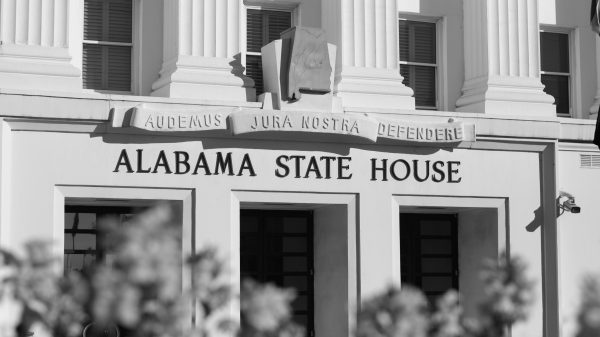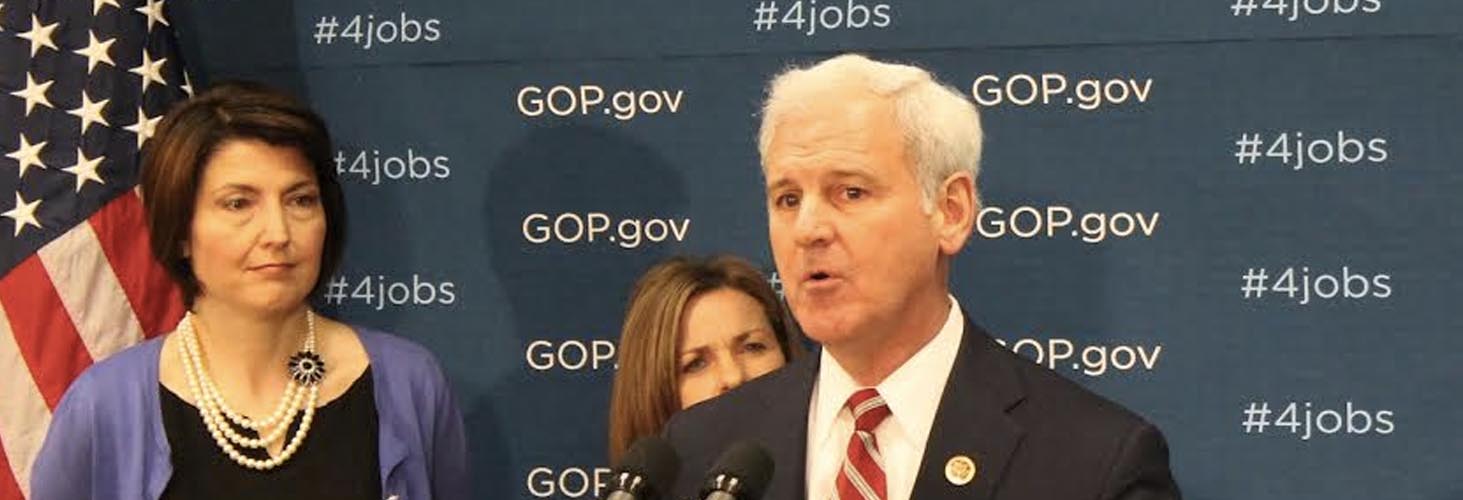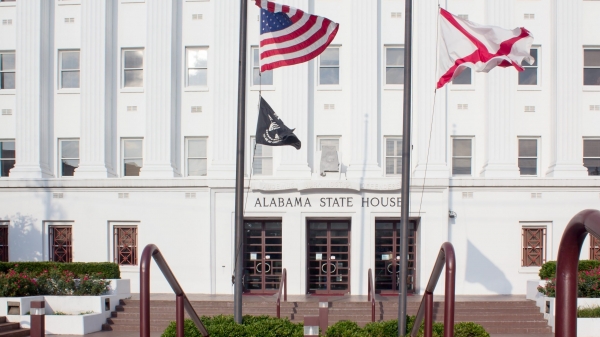By Josh Moon
Alabama Political Reporter
There was a rare sighting Wednesday on the Alabama State University campus: a white Republican.
U.S. Rep. Bradley Byrne stopped by the campus for a quick tour and to check in with his old Alabama Senate colleague, Quinton Ross, ASU’s new president.
But the visit wasn’t simply a friendly calling. Byrne is co-chair of the House’s Historically Black Colleges and Universities Caucus – a group tasked with making recommendations to the White House on how to meet HBCUs’ needs in the coming years.
“These institutions are vitally important – not just to the students and faculty on their campuses, but to the communities they serve and, truly, to all of the country,” Byrne said. “I’ve learned a great deal about HBCUs while serving on this caucus, and I have a much deeper appreciation for what they do.”
For Ross, the Byrne visit was the first physical sign of a change in culture at the top of ASU.
During the majority of previous president Gwendolyn Boyd’s tenure, the administration, and particularly Boyd, shied away from meetings with lawmakers and had almost no interaction with state leaders. It was a position that many people, including lawmakers from both sides of the aisle, criticized.
After all, how can the men and women who control the purse strings provide the necessary funding if they have no idea what the university needs or wants?
Ross has vowed to change that, leaning on his 15 years in the Senate and a solid relationship with both Republican and Democratic lawmakers.
“I have always been someone who could look past party differences and move towards common goals,” Ross said. “I truly believe that everyone wants ASU to succeed, because it means we all succeed.
“Rep Byrne and I built a great relationship serving in the state Senate together, and we are friends.”
Byrne said he told Ross that he believed the ASU grad was “the right president at the right time” for the university.
When it came to specifics, however, Byrne provided few details of what he might be able to do for ASU specifically.
Byrne was asked if ASU should be provided additional state and federal funding to compensate the university for the damaging state investigation it endured the last four years. That investigation turned up no crimes, but grand claims of fraud and mishandled funds by a private auditing firm contracted by the state cost ASU millions in funding, lowered the school’s credit rating and drove away thousands of students.
In all, ASU was forced to trim more than $20 million from its operating budget over the last three years.
To those questions, Byrne said he wanted to make sure all HBCUs like ASU were treated fairly and received proper funding, but he also noted that he had little control over state dollars.




















































